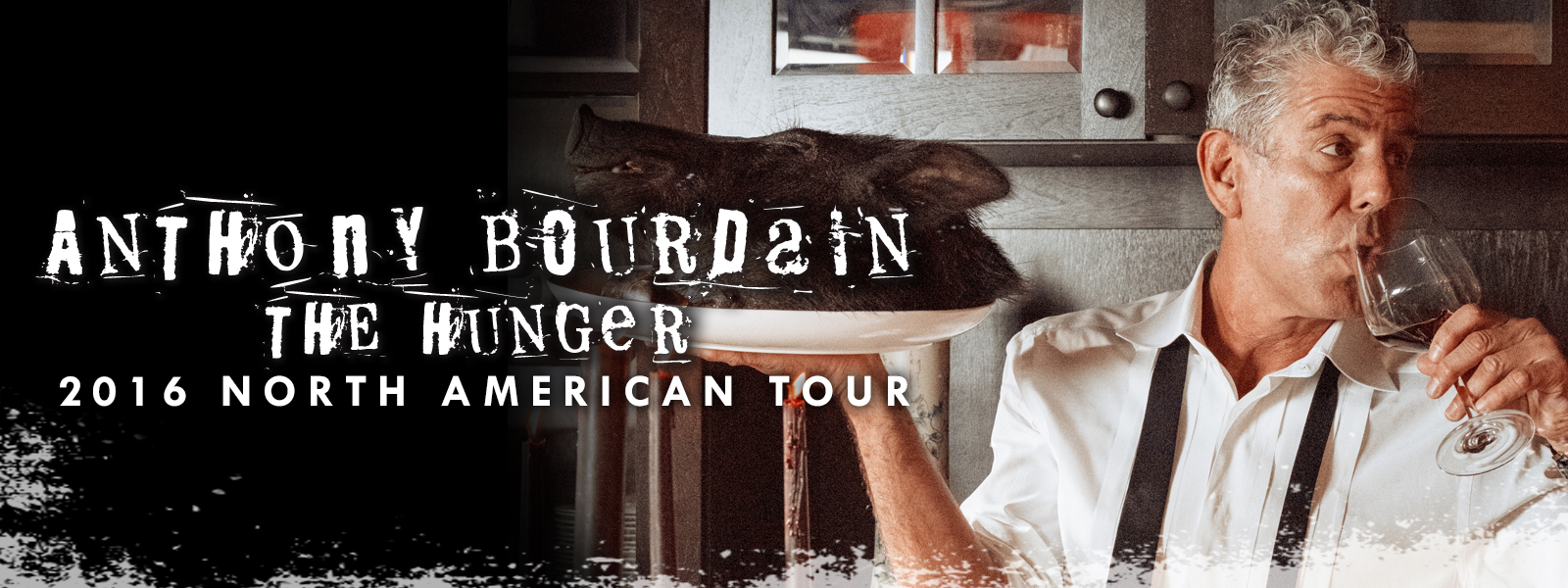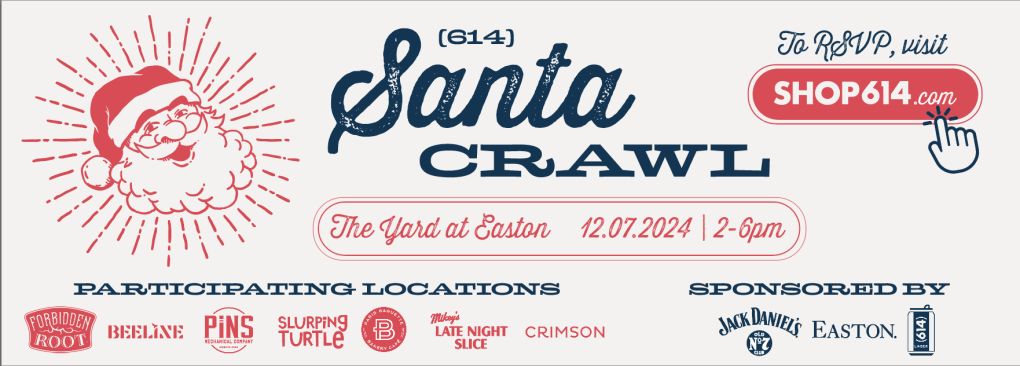Punk Palate — Anthony Bourdain at the Palace Theater

Punk Palate — Anthony Bourdain at the Palace
by Grant Burkhardt
Recently Anthony Bourdain had, as he told the Palace Theater on Saturday night, a dream about being confronted by a convict. The convict was a huge man, with Nazi tattoos all over, just the biggest dude you’ve ever seen, and as the large man got closer to him, Bourdain realized he knew him.
“It was Guy Fieri,” Bourdain said, and the first joke of the night landed with a zam bam wham.
Bourdain — visiting Columbus on tour for his new book, Appetites, in which he finds yet more ways to be relatable to the average food consumer by including recipes for scrambled eggs and macaroni and cheese – insisted he wouldn’t spend the whole show railing against his former colleagues at the Food Network. He mostly stuck to that promise, although I suspect the crowd wouldn’t have minded if he spent the whole show making fun of one of Columbus Ohio’s favorite sons, Guy Fieri and his shows, restaurants, hair color, and everything else. It was an enjoyable 90 minutes spent listening to a very charming man talk about how his relationship to food and the world has changed over time.
Bourdain’s still very much the familiar, hipster-averse, tasteful vulgarian, but in the 16 years since Kitchen Confidential, his television shows like Parts Unknown have taken him all over the world, and those experiences inform his worldview and much of the material in his Palace show. I know of few better cases for travel as a great empathy machine than Bourdain, formerly the “bad boy” of the food industry.
(First, as an aside, I never really understood that title. All you have to do to be a “bad boy” is have an earring and spew some naughty words and blowjob jokes? He’s always been closer to a punk rocker to me, someone who’s authentically himself – he even name-dropped Fugazi as a musical influence later in the Palace show.)
As the show wound around his list of prepared culinary bullet points (he’d frequently transition between talking points by simply saying the name of a food thing he wanted to address: ”Gluten…what are we going to do about gluten?!”), he made an important pitch for food as politics and him as a person worth listening to on topics of the day. After all, he said, he’s actually visited – and dined with the natives of – many of the places we talk about in our daily political discussions. He lamented people who tell him to “stick to food.” He has a unique experience – a wide, educated, cultured perspective – and wants to be heard. We don’t all have the Palace stage on a Saturday night, but isn’t that what we all want?
He delivered those thoughts about the world and about politics by very punk rock means – intense, straight-forward, real. He was, as always, engaging. His travels have informed his politics and seem to have made him “softer,” which is only to say less amped to dish trash about his counterparts and more likely to talk about people to whom he relates – those eating normal meals in normal cities and in normal homes all around the world.
And to me that’s what we should really take away from Bourdain and anyone who uses their platform to peddle understanding and empathy for depressed cooks in bad airport restaurants, lower-income civilians eating bad meals, and yes, even Guy Fieri: That Bourdain is more than just his vulgar tendencies, that he’s more than the “bad boy” of the food industry, that he’s worthy of the stage and of our attention.
BROUGHT TO YOU BY



